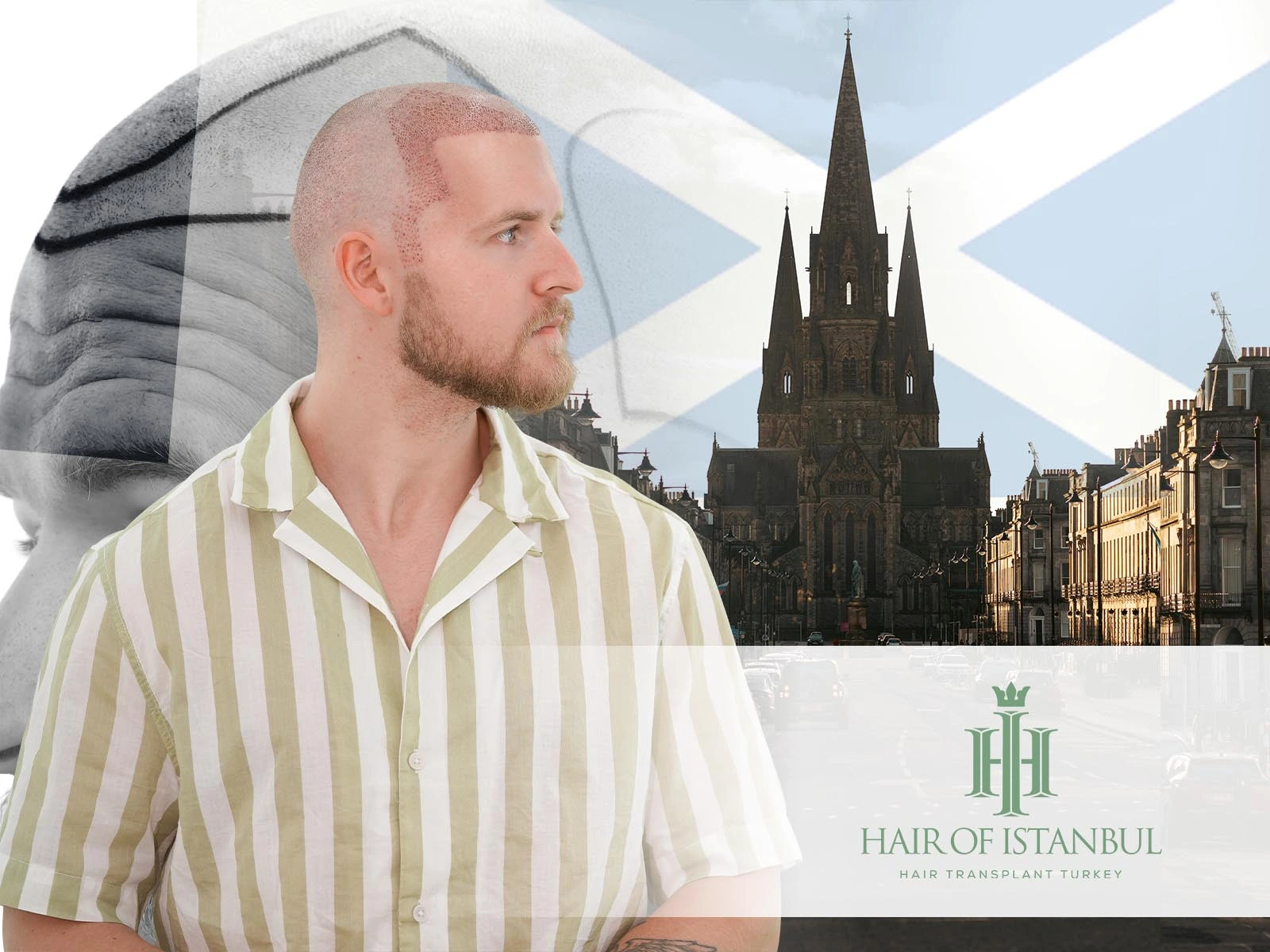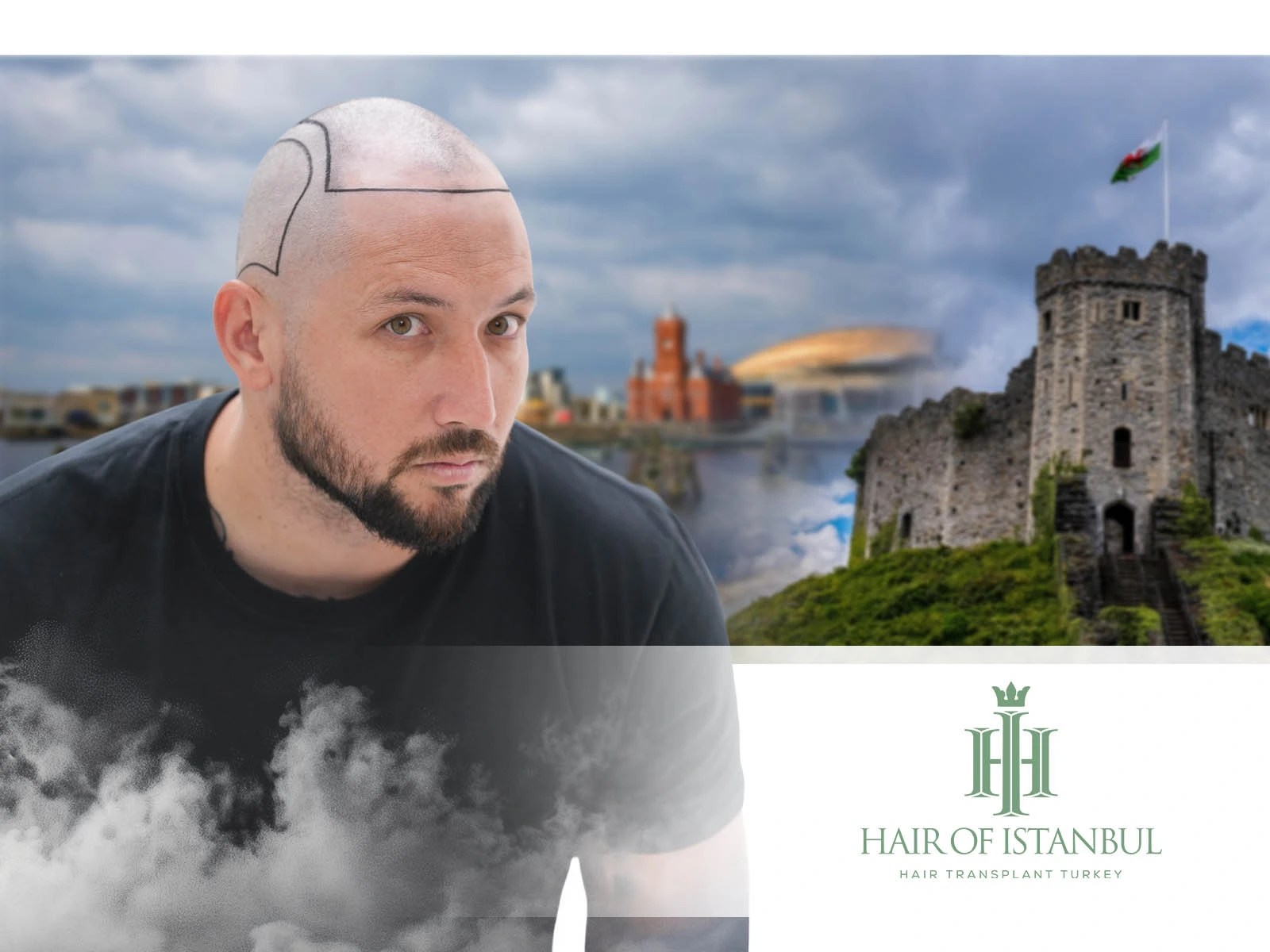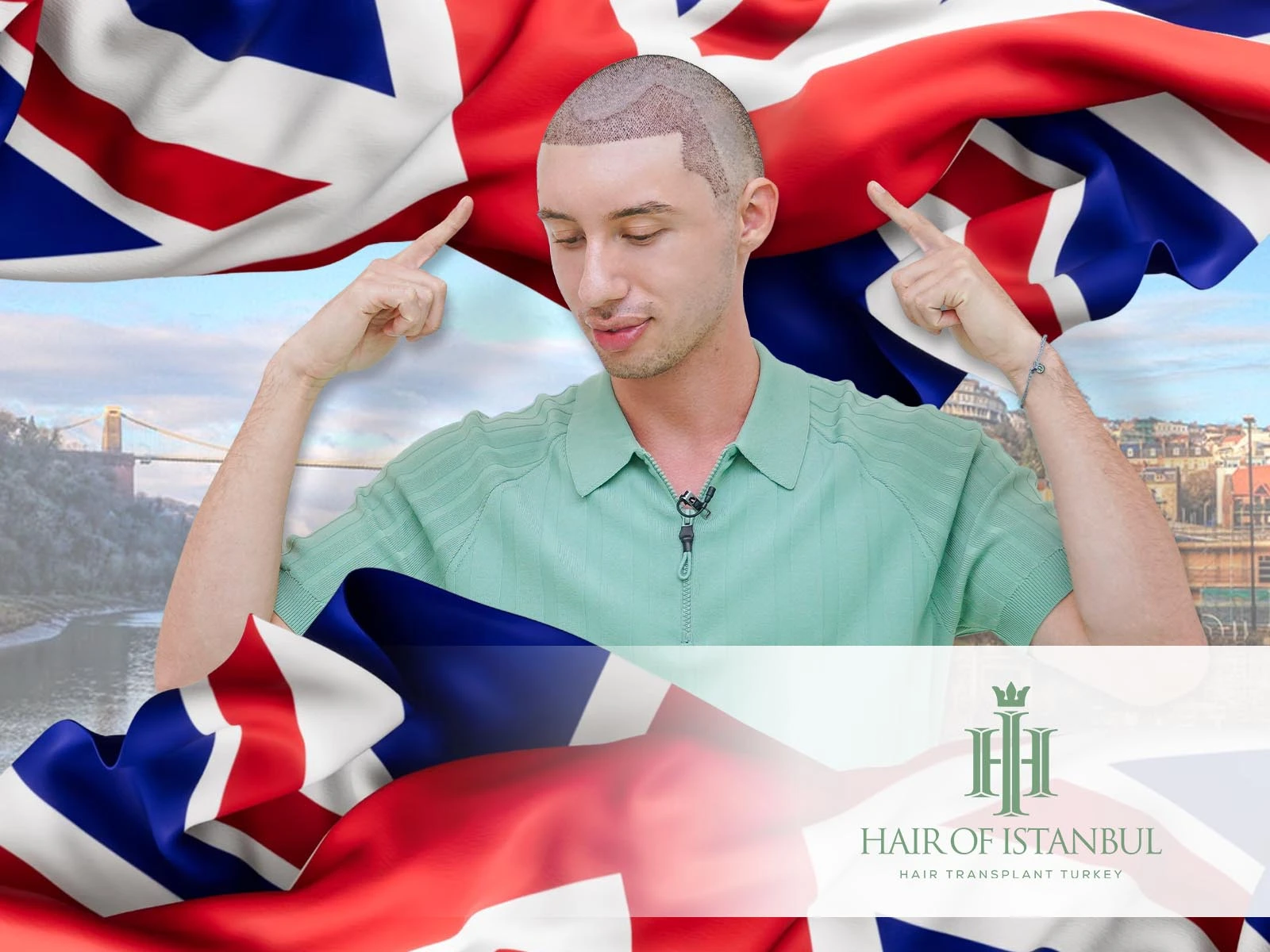Can Depression Cause Hair Loss? | Myths vs Facts!
Delving into the interconnected world of mental and physical health, we often come across surprising connections. One such intriguing link is that between depression and hair loss. This relationship, while intricate and multifaceted, has been a topic of discussion, leading to various myths and misconceptions.
In this article, we aim to shed light on the truth behind these myths, exploring the question that many have pondered: Does depression truly have the power to affect our hair health? Join us as we delve into the scientific facts and dispel the myths surrounding this complex relationship.
What is the Link Between Hair Loss and Depression?
The intersection of hair loss and depression presents a fascinating area of study, revealing a mutual influence between the two conditions. Groundbreaking research shows that individuals grappling with a significant depressive disorder are more likely to experience hair loss, underscoring the psychological toll that can manifest physically. [1]
Moreover, the correlation is not one-sided. People already suffering from hair loss are more prone to fall into the pit of depression, illustrating a reciprocal relationship. The psychological impact of hair loss can indeed spark a vicious cycle, further exacerbating both conditions.
Interestingly, the psychological burden of hair loss appears to impact both genders, but women might bear a heavier load. This could be attributed to societal norms associating hair with femininity, making hair loss a potentially more distressing experience for women. This complexity amplifies the significance of recognizing and addressing the interconnected nature of our mental and physical health.
Also Read: Hair Transplant Infection The Risks of Infected Follicles
Is Hair Loss a Symptoms of Depression?
Depression is a complex condition with a wide range of symptoms, and while hair loss isn’t typically listed as a direct symptom, the relationship between these two is not to be overlooked. Experts have yet to find conclusive evidence that depression directly results in hair loss. However, depression could play an indirect role in this process. [2]
The stress associated with depression could potentially exacerbate hair thinning or shedding. When we’re under psychological stress, our bodies may react in ways that aren’t immediately obvious, such as affecting the growth cycle of our hair.
Moreover, a sudden or significant increase in hair loss can add to existing stress, potentially leading to a worsening of depressive symptoms. This shows that while hair loss may not be a direct symptom of depression, it’s closely tied to the condition and can become a significant factor in a person’s mental wellbeing.
Can Anti Depression Pills Cause Hair Loss?
Hair loss can sometimes surface as an unexpected side effect of medication, including antidepressants. This tends to emerge within the first three months of treatment. Interestingly, a range of antidepressants are associated with a form of hair loss known as telogen effluvium.
Fluoxetine, a common type of SSRI, is often implicated in this. A review on this matter revealed an intriguing pattern, where hair loss was more prevalent in individuals taking fluoxetine compared to other similar medications. This underscores the importance of discussing potential side effects with healthcare professionals when starting a new medication.
Is Hair Loss from Antidepressants Permanent?
Experiencing hair loss can be a distressing side effect of antidepressants, but the good news is that this condition is usually temporary. Once the medication use is discontinued, individuals often witness a return to their normal hair growth. This is because the hair follicles shift away from their resting and shedding phases back to the anagen or ‘growth’ phase, resulting in a fuller head of hair. [3]
This information provides reassurance that while the impact of antidepressants on hair loss can be concerning, the condition often reverses itself once the medication is stopped, restoring not only hair growth but also self-confidence.
Also Read: Does Low Testosterone Cause Hair Loss? Here’s What to Do!
Does Hair Loss From Depression Come Back?
Hair loss resulting from mental health conditions like depression is not a permanent sentence. In fact, it’s often treatable. As individuals learn to cope with stress and the psychological impact of depression, hair usually begins to regrow. [4]
This underscores the importance of comprehensive mental health care, not only for our minds but also for our physical wellbeing. The hopeful message is that with the right support and tools, recovery from depression-induced hair loss is entirely possible.
How Can I Get My Hair Back After Depression?
The path to restoring hair after depression-related loss requires a multi-pronged approach. Therapy options, including cognitive-behavioral therapy and support groups, combined with medications like antidepressants, can effectively treat the anxiety and depression triggered by hair loss.
Psychological intervention is crucial for individuals suffering from hair loss, but the optimal method is not one-size-fits-all and will vary from person to person. This emphasizes the need for personalized mental health care and underlines the importance of professional help in navigating these challenges. [5]
Regarding speeding up recovery from depression, both natural and medical solutions can be explored. Here’s a brief overview:
| NATURAL SOLUTIONS | |
| Regular Exercise | Boosts mood and acts as a natural antidepressant. |
| Balanced Diet | Essential nutrients support brain health. |
| Adequate Sleep | Promotes overall wellbeing and helps manage depression. |
| Mindfulness & Meditation | Reduces stress and helps manage symptoms of depression. |
| MEDICAL SOLUTIONS | |
| Antidepressants | Medications that can help correct chemical imbalances that cause depression. |
| Therapy | Cognitive-behavioral therapy, interpersonal therapy, and problem-solving therapy can be beneficial. |
| Electroconvulsive Therapy (ECT) | A last-resort treatment for severe depression. |
Remember, it’s crucial to consult with healthcare professionals to tailor a suitable treatment plan for individual needs.
Also Read: Does Vaping Cause Hair Loss? Separating Fact from Myth!
FAQ
Can stress cause hair loss?
Yes, high stress levels can trigger hair loss. Stress-induced hair loss, known as telogen effluvium, happens when more hairs than normal enter the shedding phase of the hair growth lifecycle.
Can anxiety cause hair loss?
Indeed, chronic anxiety can lead to hair loss. This is largely due to the physiological stress that anxiety can place on the body, which can disrupt the hair growth cycle and accelerate shedding.
What emotion is linked to hair loss?
While various emotions can impact hair health, chronic stress and anxiety are the most commonly linked to hair loss. This connection underlines the importance of emotional health in maintaining physical wellbeing.
Can postpartum depression cause female hair loss?
Postpartum depression itself doesn’t directly cause hair loss. However, the hormonal changes and heightened stress associated with postpartum depression can contribute to hair thinning and loss after childbirth.
Can manic depression cause hair loss?
While manic depression, or bipolar disorder, doesn’t directly lead to hair loss, certain medications used to treat it can. Furthermore, the stress and anxiety associated with managing the disorder may also contribute to hair thinning.
How do you deal with depression hair loss?
Addressing depression-related hair loss involves managing the underlying depression. Therapies like cognitive-behavioral therapy, medications such as antidepressants, and lifestyle changes can all play a role in alleviating both depression and its physical symptoms, including hair loss.
CONCLUSION
In the quest to understand the complex relationship between depression and hair loss, we’ve debunked common myths and shed light on the facts. It’s clear that while depression doesn’t directly lead to hair loss, the stress and anxiety associated with it may contribute to hair thinning. And remember, even if you’ve lost hair due to depression or other factors, there are effective solutions available.
We understand the impact of hair loss and the importance of finding a solution that works for you at Hair of Istanbul. Don’t give up if you’re having hair loss. Our clinic in Turkey provides great services and is well-known for its skill in hair transplantation. We are committed to giving world-class treatments that will not only help you return your hair but will also help you regain your confidence. Hair loss can be a difficult journey, but with the appropriate assistance and resources, you can conquer it. Trust Hair of Istanbul to assist you through your hair restoration journey and help you find the transformation that is waiting for you.
References:
- [1] Mary West, Nov 24, 2022 – Hair loss and depression: Explaining the link – https://www.medicalnewstoday.com/articles/hair-loss-depression
- [2] Crystal Raypole, May 19, 2021 – Could Depression Be Causing Your Hair Loss? – https://www.healthline.com/health/depression/can-depression-cause-hair-loss
- [3] Mhr-admin, Sep 9, 2021 – How to reverse hair loss from medication – Antidepressants – https://mhrclinic.co.uk/how-to-reverse-hair-loss-from-medication-antidepressants/
- [4] GIA Miami, Mar 24, 2022 – Can Depression Cause Hair Loss? – https://gia.miami/rehab-blog/can-depression-cause-hair-loss/
- [5] Dr Khawar Hussain, Apr, 2019 – Psychological effects of hair loss – https://dermnetnz.org/topics/psychological-effects-of-hair-loss







